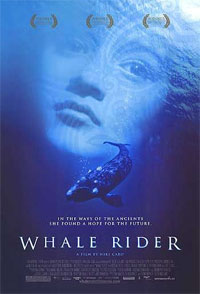
Personal Movie Rating: 62%
Here is my thought on the movie "Sybil" (1976):
*WARNING: POTENTIAL SPOILER ALERT*
The film "Sybil" tells the story of Sybil Dorsett (Sally Field), a girl who suffered from dissociative identity disorder (DID) that was deeply rotted from her childhood abuse. In the film, Sybil had 16 different personalities, which include that of a baby, teenage girls, young boys and so on. Each of these personalities were different from each other, and yet, they shared certain personality characteristics that were similar with that of the main personality, Sybil. Dr. Cornelia Wilbur (Joanne Woodward), a psychiatrist, helped Sybil understand more about her illness, and helped her to figure out the source of her DID, which was caused by her childhood abuse. Through hypnosis by Dr. Wilbur, Sybil finally met her other personalities and learnt how to embrace them. Soon, Sybil recovered her memories and went on to live a full and happy life.
In the film, Dr. Wilbur took the psychodynamic approach in handling Sybil's case. She believed that the cause of Sybil's DID was deeply rooted in something that had occurred when she was a child. Dr. Wilbur tried to integrate all Sybil's fragmented personalities into one person by bringing her repressed memories to consciousness through hypnosis. It was possible that Sybil repressed some of her memories or experiences during her childhood as they were too stressful or painful for Sybil to cope with. Also, more than half of the DID patients were abused when they were young. Hence, based on the psychodynamic theory and recent records, it was justifiable for Dr. Wilbur to use hypnosis as the main treatment for Sybil.
However, hypnosis may not be the best solution to Sybil's problems, as it might influence the outcome validity if not used properly. When a person is in a hypnotic state, he or she may be influenced by the psychiatrist's leading questions, which might distort his or her actual memory. In the film, Dr. Wilbur kept asking Sybil and her other personalities about their childhood memories. In particular, Dr. Wilbur kept asking about what Sybil and her other personalities remember about their mother, as she assumed that Sybil's DID might be caused by her abusive mother. Dr. Wilbur's insistence on Sybil's childhood memories may have caused her to miss out on other possible factors or causes that precipitated Sybil's DID.
Even though the film was based on a true story, the technique used by Dr. Wilbur in Sybil's diagnosis may be flawed. Future therapists should be more cautious when using hypnosis on DID patients.


